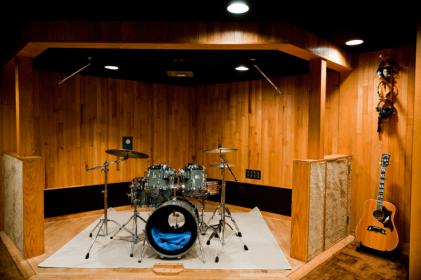Frantz, you need to step back and take a deep breath.
IF you read my posts carefully, you will see that I have
NEVER equated cost to performance...
NEVER. In fact, I am of the opinion ( perhaps on of the few that is) that cost is irrelevant to performance. However, if you have never heard the significant differences that cables can bring to the presentation of your system, I can only say that either a) your system is not resolving enough or b) you are a little deaf.
That's not trying to be condescending in any way, you may take it that way, BUT that's not the intent.
OTOH, I am a little quizzical as to why your post seems to be so defensive

Lee brought up some great posts to a member, who on the face of it seemed to be simply decrying everything about high-end audio. I happened to agree with what Lee said, because that is the way this member's posts appeared to me as well.
BTW, I have NEVER heard a superb MC system...at least one that I would want to live with. If you really think about how music is presented live, IMHO it has a lot more to do with the 2ch presentation than MC. Right channel, Left channel and everything in between...including some perception of depth. Last time I looked, when I went to the symphony, I didn't hear the main clarinet player behind me, while the main flute player was in front....YMMV.



